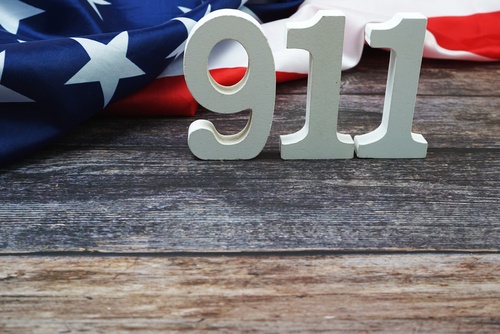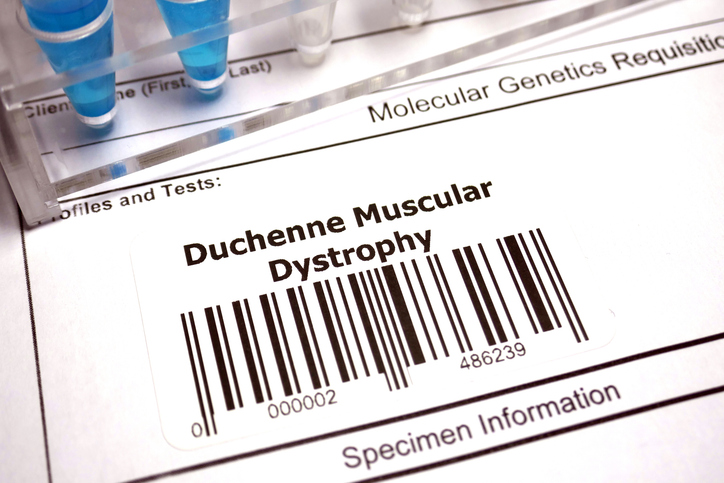
A new study shows that traumatic brain injury (TBI) is a potential new risk factor cardiovascular disease in post-9/11-era veterans. The results appeared this week in JAMA Neurology.
To assess the link between TBI and subsequent CVD in 9-11 vets, the researchers assessed 1,559,928 participants (median age, 27, 88% male) from October 1999 through September 2016. The population of interest were followed up until December 31, 2018. The researchers analyzed administrative data from the US Department of Veteran Affairs as well as the Department of Defense from the Long-term Impact of Military-Relevant Brain Injury Consortium-Chronic Effects of Neurotrauma Consortium. The primary endpoint was CVD: coronary artery disease, stroke, peripheral artery disease, and cardiovascular death.
According to the results, subjects with a history of TBI, diagnoses of mild TBI (hazard ratio [HR], 1.62; 95% CI, 1.58-1.66; P < .001), moderate to severe TBI (HR, 2.63; 95% CI, 2.51-2.76; P < .001), and penetrating TBI (HR, 4.60; 95% CI, 4.26-4.96; P < .001) were all linked with CVD. “Results of this cohort study suggest that US veterans with a TBI history were more likely to develop CVD compared with veterans without a TBI history. Given the relatively young age of the cohort, these results suggest that there may be an increased burden of CVD as these veterans age and develop other CVD risk factors,” the researchers concluded. They added that future studies “are needed to determine if the increased risk associated with TBI is modifiable.”







 © 2025 Mashup Media, LLC, a Formedics Property. All Rights Reserved.
© 2025 Mashup Media, LLC, a Formedics Property. All Rights Reserved.